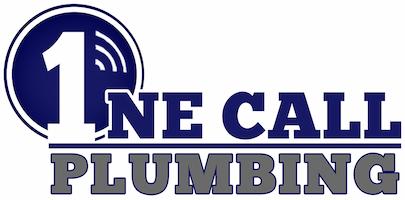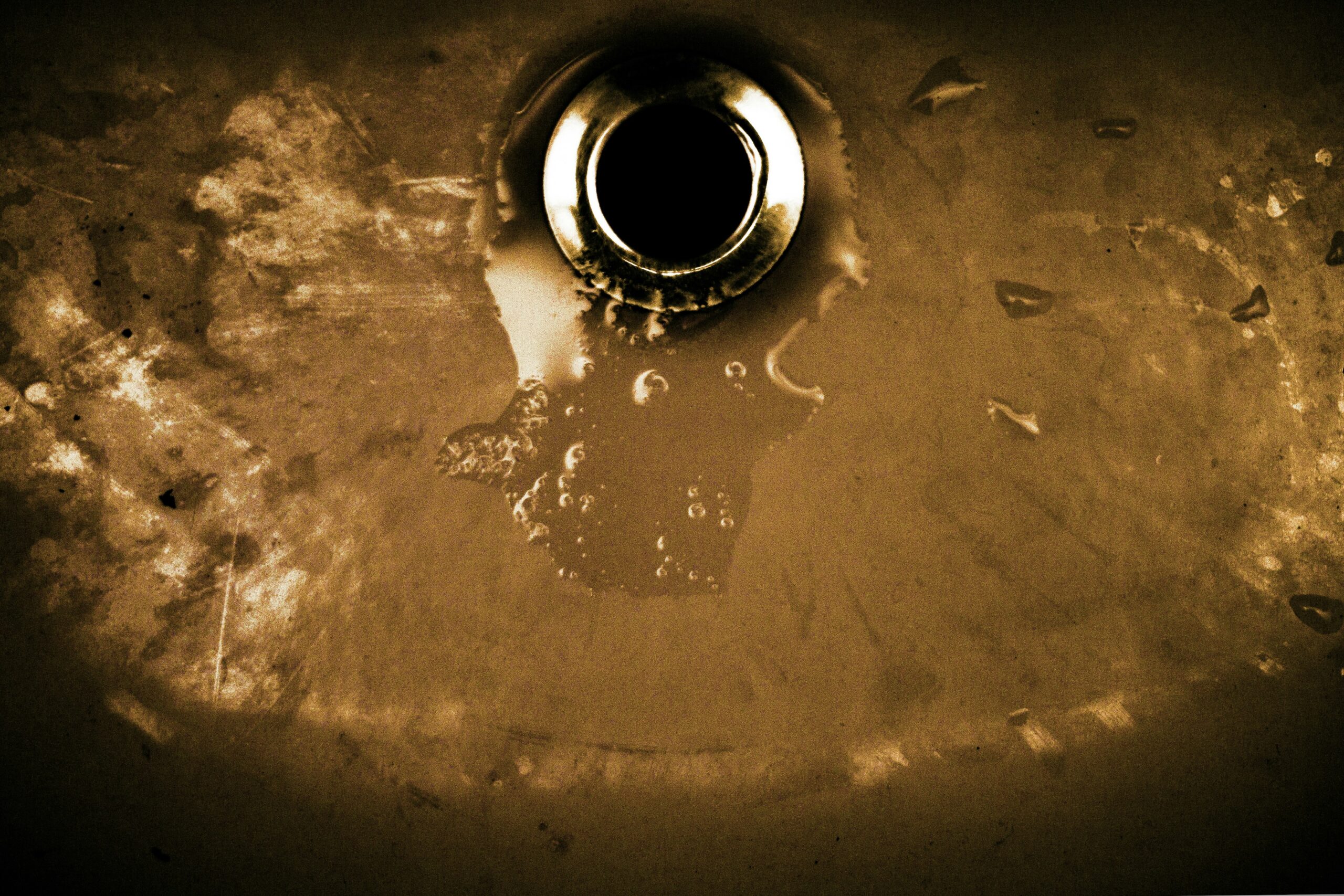Drain clogs and plumbing issues can be a regular nuisance for homeowners and can lead to costly and inconvenient repairs. To prevent unexpected drain problems, investing in a drain cleaning maintenance plan is an effective strategy. This proactive approach ensures that your drains remain clear and functional throughout the year. Regular maintenance not only helps in avoiding emergency plumbing situations but also prolongs the life of your drainage system.
A maintenance plan typically includes scheduled inspections and cleaning of your home’s drainage system. By having professionals consistently monitor and maintain your drains, you minimize the buildup of common blockages caused by hair, grease, and other debris. This preventative measure saves you from the unpleasant surprise of clogged pipes and the potential for water damage, which can be extensive.
Signing up for a drain cleaning maintenance plan is a practical step in managing your home care routine. It allows you to address plumbing issues before they escalate, thereby maintaining water flow and quality. Moreover, a well-maintained drainage system contributes to overall home hygiene, preventing the growth of mold and bacteria that can accompany stagnant water in clogged pipes.
The Importance of Regular Drain Maintenance
Maintaining your drains through regular cleaning is crucial for several reasons. Primarily, it prevents blockages that can lead to slow water drainage, which can be a nuisance in your daily routine. By scheduling consistent maintenance, you reduce the risk of severe clogs that may require costly repairs.
- Avoid Unexpected Disruptions: Regular cleaning means you’re less likely to experience surprise drain issues.
- Reduce Odors: Routine maintenance helps to eliminate odors caused by buildup in your pipes.
- Longevity of Pipes: Keeping your drains clean can extend the life of your plumbing system.
Financial Benefits: Investing in a maintenance plan can result in savings by averting emergency plumbing services. Below is a comparison of potential costs:
| Without Maintenance | With Maintenance |
| Emergency repairs | Planned cleaning |
| Potential water damage | Prevention of damage |
| Higher long-term cost | Lower long-term cost |
Health Considerations: Clogged drains can lead to bacteria and mold growth, which are a risk to your health. Regular drain maintenance ensures a cleaner environment by impeding the growth of harmful pathogens.
Remember, the best approach to drain maintenance is not reactive but proactive. Periodic check-ups can identify minor issues before they become major problems. By embracing regular drain maintenance, you safeguard your home’s plumbing health and ensure a seamless and efficient household operation.
Key Components of a Drain Cleaning Maintenance Plan
Regular Inspections: Your maintenance plan includes routine assessments of your drainage system. During these inspections, professionals review your pipes for any signs of buildup, blockage, or wear that could lead to problems.
- Quarterly Services: On a typical plan, service occurs quarterly to ensure that your drains remain clear throughout the year. The frequency can be adjusted based on your specific needs.
Clog Removal: Even minor clogs are addressed during regular maintenance visits. This proactive approach prevents larger obstructions, keeping your system running smoothly.
- High-Pressure Water Jetting: This technique uses water pressure to remove debris from pipes, which keeps your drains free-flowing.
- Snaking: A flexible rod called a “snake” dislodges and removes blockages.
Safe Cleaning Agents: The use of environmentally safe and drain-friendly cleaning agents is a cornerstone of maintenance. These solutions prevent corrosion and damage to the plumbing system.
- Biodegradable Solutions: Your maintenance will involve non-toxic cleaners that protect your pipes and health.
Record Keeping: Your service provider maintains records of all work done, which helps in monitoring the health of your drains over time.
- Service History: Access to past services assists in anticipating future needs and addressing any recurring issues.
Expert Advice: You receive professional guidance on how to maintain your drains between visits, including tips on preventing clogs and recognizing warning signs.
- Customer Support: Should you have concerns or additional needs, expert help is just a call away.
Guaranteed Response Times: The plan ensures you receive timely assistance in the event of an emergency.
- Priority Scheduling: Members often benefit from prioritized service calls, reducing the wait time during urgent situations.
How a Maintenance Plan Prevents Plumbing Emergencies
Regular drain cleaning and maintenance are your first line of defense against unexpected plumbing emergencies that can be costly and disruptive. When you subscribe to a maintenance plan, you ensure that your drains remain in optimal condition year-round.
Consistent Check-ups: Your maintenance plan typically includes regular inspections. These routine check-ups allow for the early detection of potential issues, such as minor clogs or slow drainage, before they escalate into major blockages or overflows.
- Avoids Build-up: By scheduling routine drain cleanings, you prevent the accumulation of common blockages caused by hair, grease, soap, and food waste.
- Result: Your pipes remain free-flowing, reducing the risk of backups.
- Pipe Health: Maintenance plans often feature regular pipe health assessments.
- Benefit: Identifying corrosion, cracks, or tree root intrusions early can save you from burst pipes and major water damage.
Educational Tips: Your service provider can offer valuable advice on how to maintain your drains between visits, such as not disposing of certain items down the sink.
- Cost Savings: While there is an upfront cost for the plan, the savings from avoiding emergency plumbing services can be significant. Regular maintenance helps to prolong the lifespan of your pipes, which can delay the need for expensive repairs or replacements.
Your proactive measures with a maintenance plan can circumvent the kind of plumbing troubles that would normally catch you off guard, providing peace of mind and protecting your home from damage and unexpected expenses.
Cost-Benefit Analysis of Maintenance Plans
When you sign up for a drain cleaning maintenance plan, your primary consideration should be the overall savings as opposed to one-time emergency services.
Initial Costs:
- Sign-Up Fee: A one-time payment for joining the plan.
- Monthly/Annual Fees: Regular payments to maintain the service agreement.
Predictable Budgeting:
- Fixed Expenses: You know your exact drain maintenance costs upfront.
- No Surprise Charges: Unforeseen emergency services can be costly.
Long-Term Savings:
- Preventative Care: Regular cleanings can prevent major blockages and preserve pipe integrity.
- Discount on Services: Maintenance plans often include reduced rates for additional services.
| Cost Factor | Without Plan | With Plan |
| Emergency Services | High & variable | Often covered |
| Regular Maintenance | Additional charges | Included or reduced |
| Equipment Usage | Rental or purchase | Provided by service |
Pros of Maintenance Plans:
- Regular inspections detect issues early.
- Prolonged lifespan of your drain system.
- Reduced risk of costly breakdowns and water damage.
Cons of Maintenance Plans:
- Upfront investment in a service you may not fully utilize.
- Potential for unused services if no issues arise.
Professional vs. DIY Drain Maintenance: A Comparison
When deciding between professional and DIY drain maintenance, consider the effectiveness, equipment, and potential risks involved.
Understanding Professional Techniques
Professionals in drain maintenance employ a variety of methods to ensure your drains remain clear. For instance, hydro jetting uses high-pressure water to remove clogs and clean pipes. Other techniques include motorized drain snakes, which can cut through stubborn blockages, and video inspections to accurately diagnose issues deep within the plumbing.
Tools and Equipment Used by Professionals
Professionals come equipped with tools that are typically out of reach for the average homeowner. This includes:
- High-Pressure Water Jetters: Clearing out buildup effectively.
- Motorized Drain Augers: Dealing with tough clogs.
- Inspection Cameras: Pinpointing the exact location of problems.
Risks of DIY Methods
Your DIY efforts can be cost-effective but carry certain risks:
- Pipe Damage: Incorrect use of tools may lead to broken or cracked pipes.
- Inefficiency: Home solutions like chemical cleaners might not fully clear the blockage, leading to repeated issues.
- Safety Concerns: Mishandling of tools or chemicals can lead to personal injury or property damage.
Tailored Plans for Different Drain Systems
Selecting a drain cleaning maintenance plan tailored to the specific needs of your drain system ensures efficiency and reliability. Maintenance plans are designed to respect the unique demands of different types of drain systems.
Residential Drain Maintenance
Your home’s drain system can benefit greatly from a maintenance plan that is customized to its requirements. Plans often include:
- Quarterly inspections: To catch issues early, such as slow drainage or minor clogs.
- Annual deep cleaning: Employing high-pressure water jets to remove build-up and debris.
Drain Additives: Some plans might provide eco-friendly cleaners to maintain pipe health between professional cleanings.
Commercial Drain Maintenance
Commercial drain systems, due to their higher usage, demand more robust maintenance strategies. Your tailored commercial maintenance plan might feature:
- Monthly inspections: For high-traffic systems to help avoid disruptive clogs.
- Bi-annual deep cleanings: Targeting grease, heavy-duty waste, and foreign objects that can cause blockages.
Emergency Response: Prioritized service calls to ensure that any unforeseen issues are addressed quickly, minimizing business downtime.
Sign-Up Process for a Drain Cleaning Maintenance Plan
Signing up for a drain cleaning maintenance plan is a straightforward process that requires you to follow a few key steps. By enrolling in such a plan, you ensure the longevity and proper functioning of your home’s drainage system.
Step 1: Research Providers
- Start by searching for reputable drain cleaning service providers.
- Look for companies with good reviews and a proven track record.
Step 2: Contact the Service Provider
- Once you have chosen a provider, contact them to express interest in a maintenance plan.
- Contact Options:
- Phone: Call their customer service line.
- Email: Send an inquiry to their support email.
- Online Form: Fill out a contact form on their website, if available.
Step 3: Discuss Your Needs
- Discuss the specifics of your home’s plumbing system with the provider.
- Be clear about:
- The size of your property.
- Types of drains that require regular cleaning.
- Your availability for maintenance visits.
Step 4: Choose a Plan
- The provider will offer various plans that cater to different needs.
- Select a plan that best suits your requirements and budget.
| Plan Type | Frequency of Cleaning | Price Range |
| Basic | Bi-Annually | $-$$ |
| Standard | Quarterly | $$-$$$ |
| Premium | Monthly | $$$-$$$$ |
Step 5: Finalize Enrollment
- To finalize your enrollment, you’ll typically need to provide:
- Personal contact information.
- Address of the property.
- Payment details for plan subscription.
Make sure to read the terms and conditions carefully before agreeing to the plan. With a maintenance plan in place, you can have peace of mind knowing that your drain health is being monitored and maintained regularly.
Common Misconceptions About Drain Cleaning
Many homeowners hold inaccurate beliefs about drain cleaning that can lead to plumbing issues. It’s crucial to differentiate fact from myth to ensure that your drains remain in good condition.
Myth: Chemical cleaners are just as effective as professional drain cleaning.
Fact: Over-the-counter chemical cleaners can erode your piping over time and are often a temporary fix for clogs. Professional cleaning, on the other hand, is thorough and less damaging to your plumbing system.
Myth: Frequent drain cleaning is unnecessary and a waste of money.
Fact: Regular maintenance can prevent severe clogs and costly repairs. It also extends the life of your plumbing system.
Myth: A clogged drain always requires immediate professional attention.
Fact: Not all clogs require professionals. Simple blockages can be remedied using a plunger or a drain snake. However, persistent or repeated clogs may indicate a deeper issue calling for professional help.
Myth: If water eventually drains, there’s no clog to worry about.
Fact: Water taking longer to drain is often a sign of a developing blockage. Addressing it early with maintenance can prevent a full clog.
Myth: Using hot water to flush the drains regularly will prevent clogs.
Fact: While it may help with grease or oil build-up, it does not address solid blockages and can’t replace mechanical cleaning methods.
Remember, professional drain cleaning maintenance plans are designed to keep your draining system clear to avoid unexpected and often expensive plumbing issues. They are an investment in the health of your plumbing system.
Maximizing the Longevity of Your Drains Through Maintenance
Regular maintenance of your drains is crucial to prevent blockages and ensure a smoothly functioning plumbing system. Ignoring your drains can lead to costly repairs and inconvenience over time.
Schedule Routine Cleanings:
- Annual or bi-annual appointments
- Professional inspection for early detection of potential issues
Avoid Chemical Drain Cleaners:
Chemical cleaners might offer a quick fix, but their harsh nature can:
- Damage your pipes over time
- Lead to more significant problems
Employing Strainers and Catchers:
- Placement in sinks, showers, and tubs
- Catches debris, preventing accumulation in the pipes
Monitor Water Flow:
Regular observation of how quickly water drains can indicate the health of your drains. Slower draining can signal a developing clog, allowing you to act swiftly.
Use Enzymatic Cleaners:
- Monthly use to maintain clear pipes
- Safer alternative to chemical cleaners
Proper Disposal Practices:
- Kitchen: Avoid disposing of grease, coffee grounds, and food scraps in the sink.
- Bathroom: Only flush human waste and toilet paper.
Incorporating these practices into your routine ensures the steady performance of your drains, ultimately extending their lifespan and minimizing unexpected plumbing emergencies.



